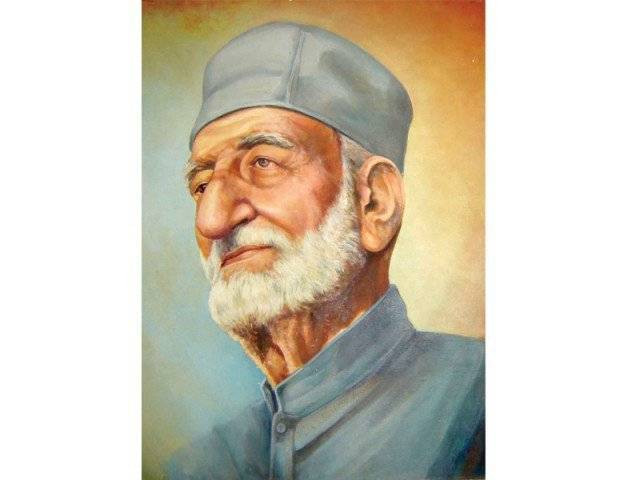‘Bacha Khan’s teachings can halt extremism’
Shah said Pashtuns had suffered the most at the hands of the Tehrik-i-Taliban Pakistan

Bacha Khan. PHOTO: FILE
The teachings of Bacha Khan remain a bulwark against extremist tendencies in Khyber Pukhtunkhwa (KPK), Quaid-i-Azam University History Department chair Waqar Ali Shah said on Saturday.
He was speaking at The Unarmed Pathan: Bacha Khan’s Thought and Legacy session at the Afkar-i-Taza festival.
He said Pashtuns had suffered the most at the hands of the Tehrik-i-Taliban Pakistan.
Shah said extremist clerics had been responsible for spread of militancy in Pushtun areas. “They made the Pushtun people believe that Pustuns were the saviours of Islam,” he said.
He said militancy had been on the rise in the province. The only hope against this tendency was the ideology of the Khudhai Khitmatgars, he said.
Shah said there was a time when anyone could be killed in the name of communism in Khyber Pukhtonkhwa. Today, he said, anyone could be labelled an Al-Qaida or Daish member and killed.
Tracing the history of the area, he said till 1901 it was included in the British Punjab. Later, he said, it was separated from the Punjab and made the North Western Frontier Province (NWFP). He said the 19th century British policy vis-à-vis the Pushtun territory was dictated by their need to fend off Russian forces. He said British decision to not set up an education system in the area was based on this policy.
Citing the 1911 census, he said only 25 men and 10 women in the province were documented as literate.
Shah said Bacha Khan’s opposition to the Pakistan movement was based on his political principles. After the establishment of the country, he had had a cordial meeting with Quaid-i-Azam Muhammad Ali Jinnah.
On Bacha Khan’s preference for Indian National Congress over the All India Muslim League, Shah said it was because of Congress’s prompt assurance of support to Khan and his followers against British onslaught.
He said the British had suspected that Khan and his followers were allied to the communists.
Published in The Express Tribune, April 3rd, 2016.



















COMMENTS
Comments are moderated and generally will be posted if they are on-topic and not abusive.
For more information, please see our Comments FAQ